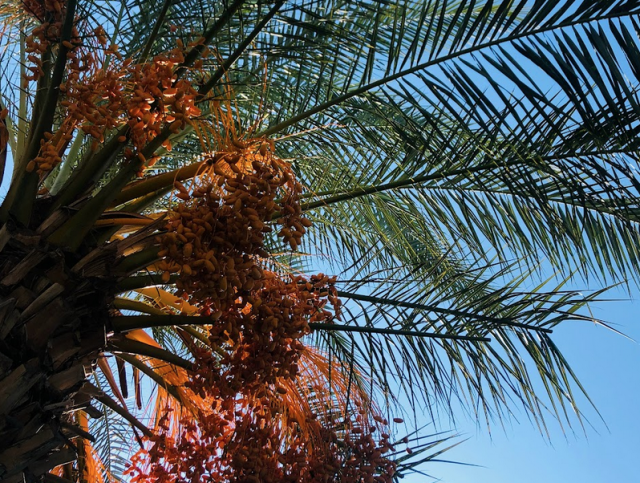Palm oil processing stands at the intersection of global demand and environmental responsibility. As a key player in the agribusiness sector, palm oil processing requires a delicate balance between meeting the escalating demand for this versatile oil and addressing concerns about deforestation and biodiversity loss.
The palm oil processing journey begins in plantations where fresh fruit bunches are harvested. Sustainable practices in sourcing involve prioritizing certified plantations adhering to strict environmental and social standards. Once harvested, the fruits undergo a meticulous process of extraction and refining. Innovative technologies, such as continuous sterilization and solvent extraction, have been implemented to improve efficiency and reduce environmental impact.
Sustainability in palm oil processing extends beyond the plantations and processing plants. The industry is witnessing a surge in the use of circular economy principles, where by-products like palm kernel cake find purpose in animal feed or organic fertilizers. Additionally, ongoing research explores the potential of advanced biotechnologies to enhance yield without expanding agricultural land, thereby mitigating deforestation risks.
To conclude, sustainable palm oil processing is not only feasible but imperative for the industry’s longevity. Embracing eco-friendly technologies, supporting certified plantations, and fostering a circular economy mindset are pivotal steps towards a more sustainable future. As consumers increasingly demand responsibly sourced products, the palm oil processing sector has a unique opportunity to lead the way in environmental stewardship and responsible business practices.

